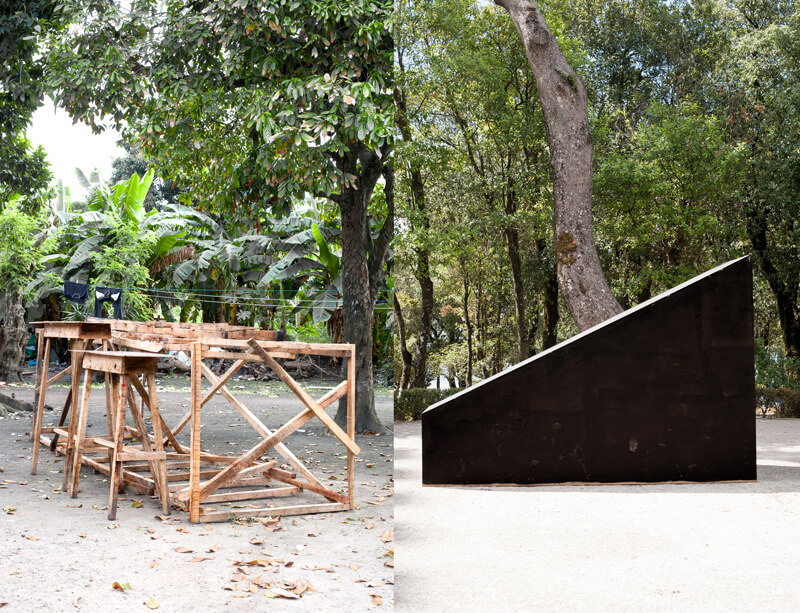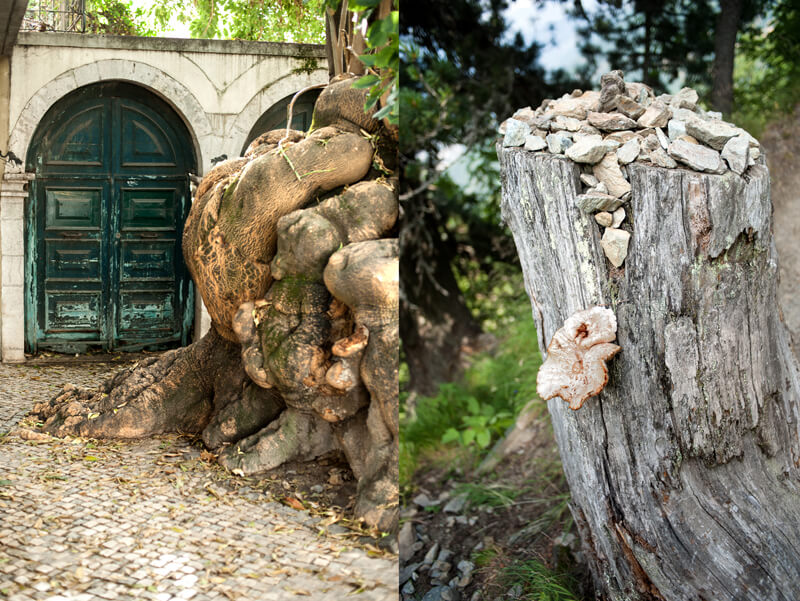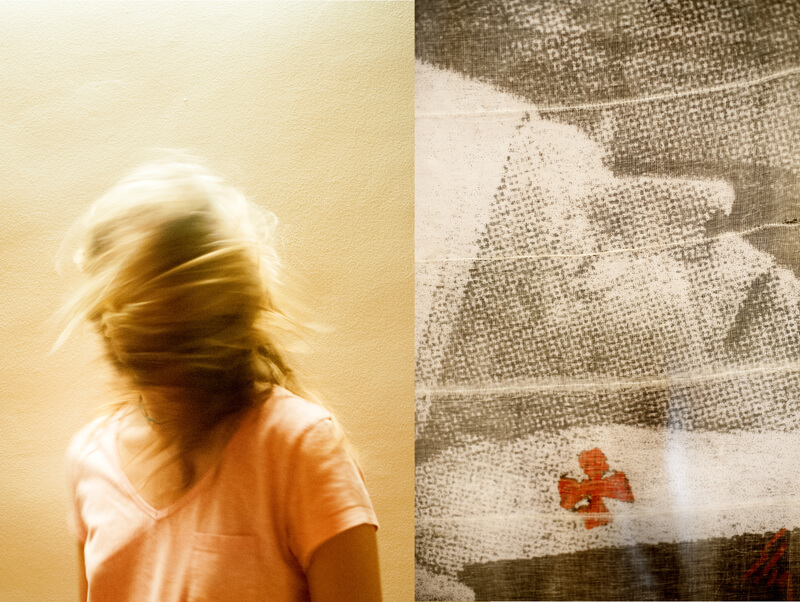NOTES FOR A (RE)IMAGINED #WALDEN
Photography
2020

















In 1845 Henry
D. Thoreau leaves the family home in Concord (Massachusetts, USA) and
settles in the cabin he builds next to Walden Pond to "live life
intensely from beginning to end". This displacement is enough to
take him out of the social routine in which he suffers from lack of
freedom, being the beginning of an experiment that lasts two years, two
months and two days in true autarchy. It advocates
self-discipline -body and mind- to be a philosophical and mystical
adventure, fleeing from conformity, moving between Epicureanism and
stoicism. Walden, said Thoreau, "is a book written for that
majority of men and women who are dissatisfied with their lives and
with the times in which they live, but who could improve them. And also
for those who seem to be rich, but who in reality have accumulated
useless things and do not know very well what to do with them";
it is an advocacy of free and wild life, as well as a fierce
criticism of society and its impositions, -which have hardly changed
since that date- ; it is a radical and direct questioning of the
institution of work as indoctrination and of the market as the only
god, as well as a lucid defense of the simplification of life and of
the path that leads us to pursue its essence and its daily pleasures;
it is a reflection on the need to preserve both nature and the planet
as well as the core of our own individual and irreducible existence;
it is a stimulating exploration of intimacy in its most concrete
form: living conditions (in this age of confinement, it goes without
saying that not everyone dwells in the same way). Is it enough to be
alive to live?
The feeling of having renewed his existence in contact with the natural element led him to a real ecological commitment. Surprisingly, the Thoreau after Walden is more radical and demands an armed struggle against the American state that justifies slavery. The conclusions drawn during his stay at Walden Pond will become a real social guilt inviting to violence and civil disobedience.
The feeling of having renewed his existence in contact with the natural element led him to a real ecological commitment. Surprisingly, the Thoreau after Walden is more radical and demands an armed struggle against the American state that justifies slavery. The conclusions drawn during his stay at Walden Pond will become a real social guilt inviting to violence and civil disobedience.
En 1845 Henry D. Thoreau deja la casa familiar en Concord (Massachusetts, Estados Unidos) y se instala en la cabaña que construye junto a Walden Pond para "vivir la vida intensamente de principio a fin". Este desplazamiento es suficiente para sacarlo de la rutina social en la que sufre por falta de libertad, siendo el inicio de un experimento que dura dos años, dos meses y dos días en auténtica autarquía. Aboga autodisciplina -de cuerpo y mente- para convertirse en una aventura filosofica y mística, huyendo del conformismo, moviéndose entre el epicureísmo y estoicismo. Walden, dijo Thoreau, "es un libro escrito para esa mayoría de hombres y mujeres que están insatisfechos con sus vidas y con los tiempos en que viven, pero para quién podría mejorarlos. Y también para aquellos que parecen ricos, pero que en realidad han acumulado cosas inútiles y no saben muy bien qué hacer con ellas"; es una defensa de la vida libre y salvaje, así como una feroz crítica a la sociedad y sus imposiciones, -que apenas han cambiado desde esa fecha- ; es un cuestionamiento radical y directo a la institución del trabajo como adoctrinamiento y del mercado como único dios, así como también una lúcida defensa de la simplificación de la vida y del camino que nos lleva a perseguir su esencia y sus placeres cotidianos; es una reflexión sobre la necesidad de preservar tanto la naturaleza como el planeta así como el núcleo de nuestra propia existencia individual e irreductible; es una estimulante exploración de la intimidad en su forma más concreta: las condiciones del vivir (en esta época de encierro, no hace falta decir que no todos habitan de la misma manera). ¿Es suficiente estar vivo para vivir?
La sensación de haber renovado su existencia en contacto con lo natural le llevó a un verdadero compromiso ecológico. Sorprendentemente, el Thoreau después de Walden es más radical y exige lucha armada contra el Estado americano que justifica la esclavitud. Las conclusiones dibujadas durante su estancia en Walden Pond se convertirán en una auténtica culpa social invitando a la violencia y la desobediencia civil.
La sensación de haber renovado su existencia en contacto con lo natural le llevó a un verdadero compromiso ecológico. Sorprendentemente, el Thoreau después de Walden es más radical y exige lucha armada contra el Estado americano que justifica la esclavitud. Las conclusiones dibujadas durante su estancia en Walden Pond se convertirán en una auténtica culpa social invitando a la violencia y la desobediencia civil.